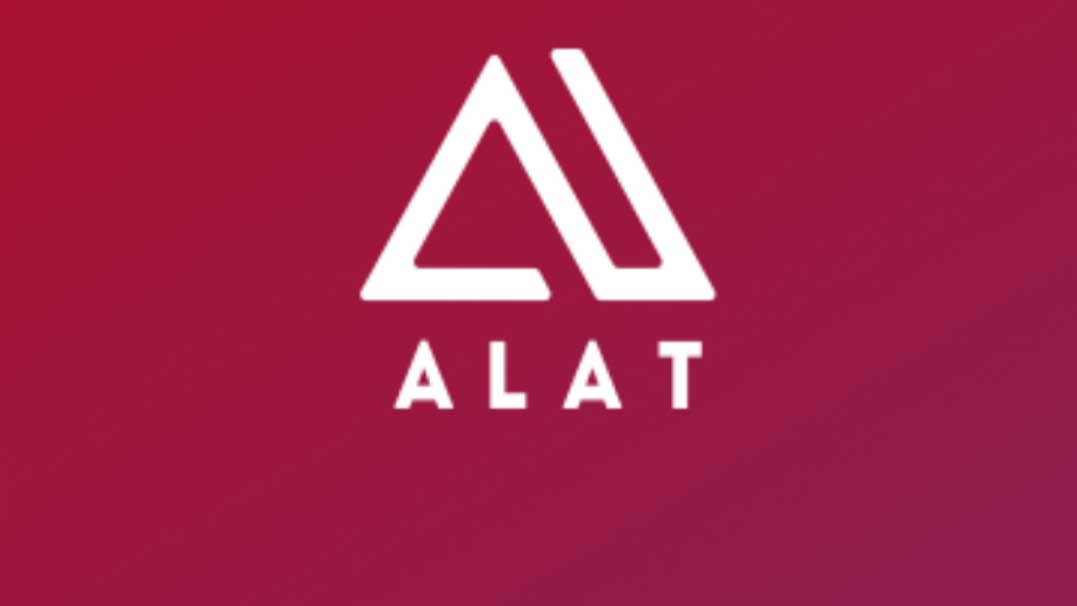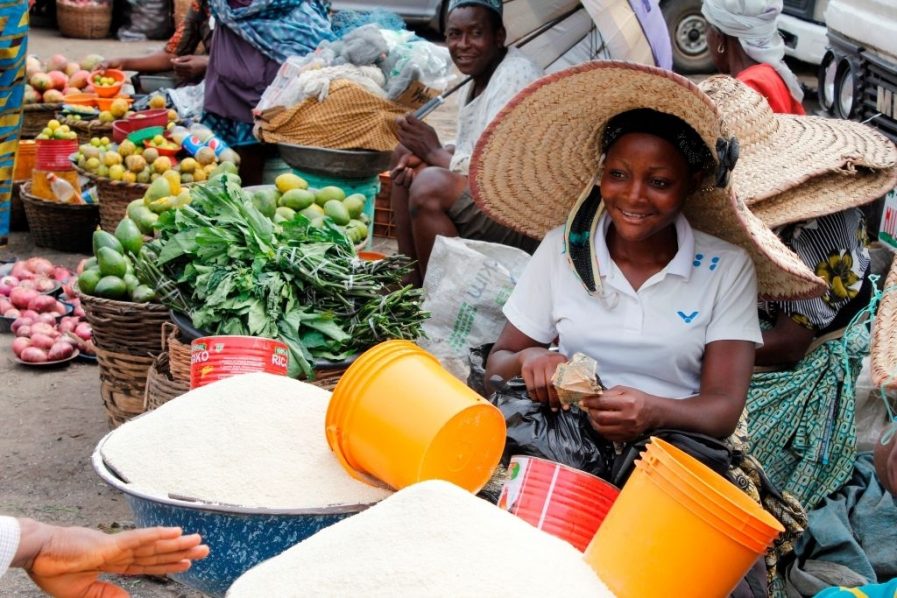
The International Renewable Energy Agency (IRENA) is seeking a new approach to energy security amidst geopolitical concerns and a push from fossil fuels.
By calling for a new approach, IRENA in its ‘Geopolitics of the energy transition: Energy Security’ reports released at the ongoing 14 Assembly, the agency wants a more holistic thinking around energy security that encompasses energy demand, system flexibility, technology access and infrastructure development.
IRENA is pushing to triple renewable energy, a situation that offers opportunities on one hand to a country like Nigeria with over 170 megawatts of renewable energy potential but on the other hand could wean the country off oil revenue.
IRENA calls for leeway for technology and its value chains, system flexibility, climate change effects, energy demand, and human security among other things.
IRENA Director-General, Francesco La Camera, said: “The energy system is undergoing a profound transformation, and renewables are bound to bring greater resilience through decentralisation and greater reliance on domestic sources. It is vital to proactively shape this resilience with foresighted policies and investments. While lessons from the fossil fuel era can inform some aspects of the transition, a holistic approach that considers the unique attributes of renewables and modernises economic, social, and diplomatic strategies are necessary.”
He added, “The evolving energy system calls for a security strategy that integrates environmental concerns, economic trends, and social ramifications. Technologies, not fuels, are the centerpiece of the new energy system. By revisiting traditional security approaches and identifying emerging factors, this report seeks to equip policymakers with a better understanding of energy security in the era of renewables.”
IRENA had projected that electricity could meet more than 50 per cent of consumption by 2050. The renewables-based system is characterised by high electrification and efficiency, complemented by green hydrogen and sustainable biomass.
IRENA also estimates that 11 terawatts of installed renewable power capacity will be needed by 2030, requiring a tripling of renewable power and a doubling of energy efficiency, as affirmed at COP28.
According to the agency, geopolitical shifts are set to profoundly influence energy trade dynamics, alter international dependencies, and reshape the geopolitical landscape. Cross-border trade in electricity will rise in prominence, fostering mutual benefits, in contrast to the asymmetric dependencies of the oil and gas sector.
In a renewable energy era, IRENA said energy security needed to evolve in several key areas, adding that resilient technology supply chains would be vital to support the transition, for both developed and developing countries.
The report noted that security and political considerations would hold the key to the successful deployment of the infrastructure required to support flexible renewables-based energy systems.
This infrastructure according to the report must be highly resilient to extreme weather events, while cyber threats, physical attacks, or, a combination of both, rain prominence in highly electrified and digitalised systems.
Human security would also be equally important, particularly for energy end-users, including in the areas of water and food insecurity, disease, economic marginalisation, inequality and energy poverty.
In addition, energy demand, particularly in Africa and Asia, has profound geopolitical implications for global energy markets, trade patterns and strategic alliances, the report states. Managing it through energy efficiency policies and investments can help mitigate competition over resources and markets.
Finally, the report calls for climate change effects to enter energy security considerations and indicates that renewables should be leveraged to provide cost-efficient, integrated and reliable solutions for climate adaptation.






